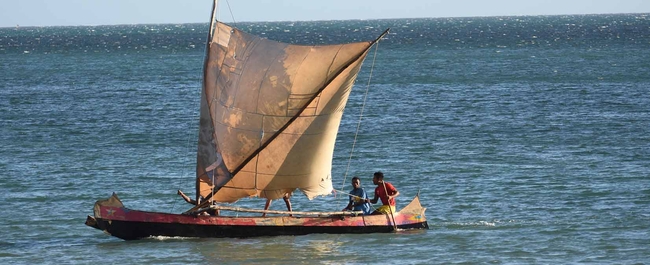Making critical decisions about ocean conservation is impossible without reliable, up-to-date information. The WIOGI-IMS project was designed to solve this challenge across the Western Indian Ocean (WIO), helping Nairobi Convention member states make full use of existing information quickly and effectively. The goal was to develop a strategy for a comprehensive, transparent, and integrated ocean information management system (IMS) to support the diverse governance needs of the region. The Western Indian Ocean Information Management Strategy (WIO-IMS) provides a regional framework for coordinated data collection, storage, access, and analysis across countries, sectors, and institutions. WIO-IMS is one of two pillars of the Western Indian Ocean Governance Initiative (WIOGI), implemented by GIZ. Led by the Nairobi Convention Secretariat, the process engaged a 24-member Multi-Stakeholder Working Group representing governments, NGOs, academia, and the private sector. Shaped through technical and writing workshops, the strategy is guided by international principles such as FAIR, CARE, and TRUST, and aligns closely with the Regional Ocean Governance Strategy (ROGS). Key components include:
- Establishment of a secure, centralized WIO data platform
- A governance and oversight framework led by a Regional Steering Committee
- Clear data ownership, access, and licensing protocols
- Technical infrastructure design and metadata standards
- Human and institutional capacity development
- Future implementation roadmaps with regional relevance
The strategy, adopted at the 11th Conference of Parties in 2024, is expected to serve as a model for regional data collaboration, enabling timely, transparent, and actionable information sharing for governments, scientists, civil society, and local communities.
ZMT supported WIO-IMS by providing scientific and technical advice, facilitating expert writing workshops and consultations, and contributing to the drafting of the strategy and implementation roadmap. Through this work, ZMT helped promote interdisciplinary approaches, strengthen collaboration, and foster long-term partnerships for sustainable, inclusive marine governance in the WIO region.





